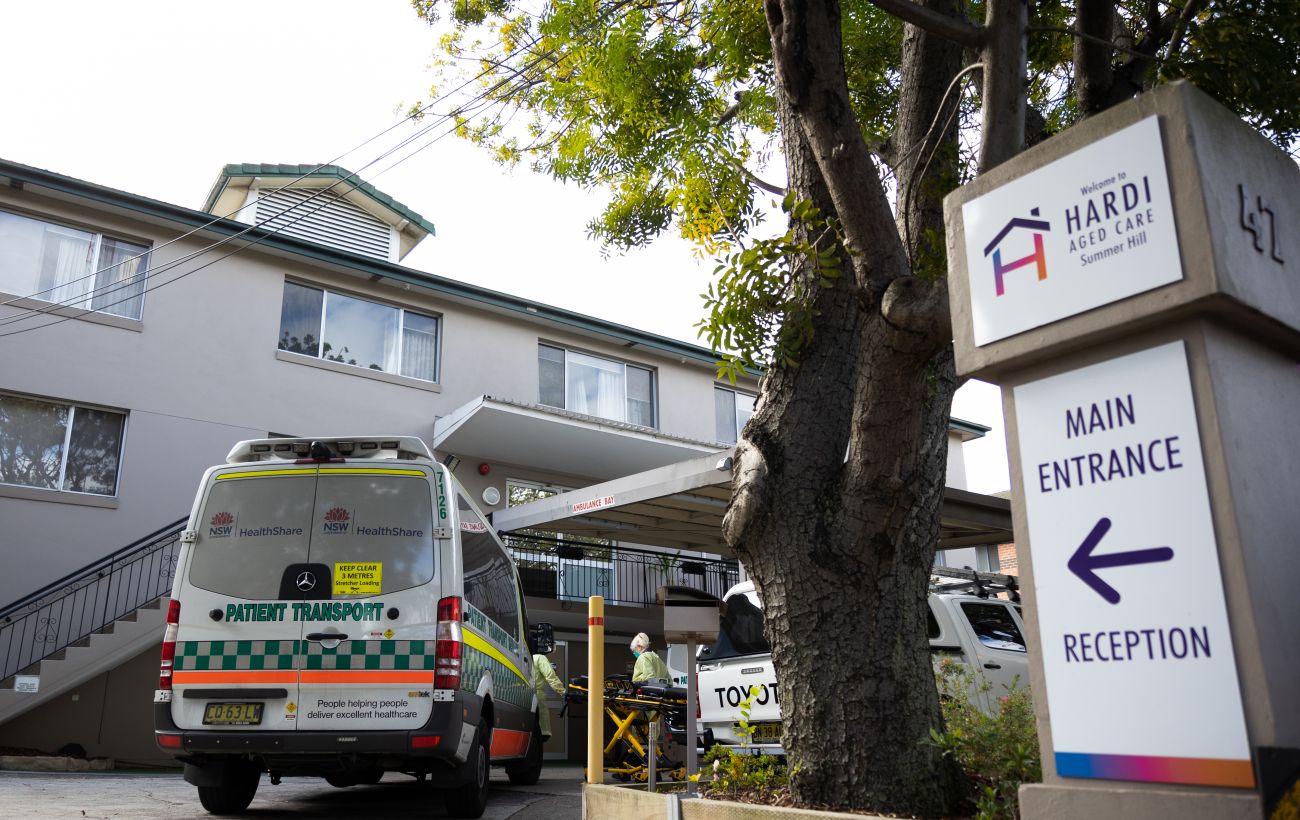The soul of America’s last African slaves rests here in Africatown, Alabama. The Old Plateau Cemetery houses the graves of men and women who were part of the last “freighter” of slaves arriving in the United States on July 8, 1860.
New research on the wreck of the ship, the last slave ship to have docked in the United States, today rekindles interest in this period of the end of the slave trade.
At that time, slavery had been abolished for half a century. But the demand is increasing for cheap and malleable labor at will. Cotton and sugar cane plantations are booming and slaves continue to be sold illegally in the southern states but at exorbitant prices. A farmer and ship’s captain, Timothy Meaher, then bet on transporter “a cargo of niggers” came from Africa, right in front of the authorities. David Foster and his boat, the Clotilda, a schooner specially modified for the occasion, will be in charge of the trip.
45 days of crossing, naked in the hold
A group of more than one hundred young men and women, and children, captured several days before by the army of Dahomey (southern region of present-day Benin), are embarked on board the slave ship. Naked, crammed into the hold, they spend 45 days at sea before disembarking in Mobile, Alabama, in the middle of the night. Hidden by their guardians for several days in the swamps – the news of their arrival circulated in the country and the federal police were sent on the spot to arrest the traffickers – they are then separated, sold, scattered throughout the south.
In 1865, at the end of the Civil War, everyone finally found freedom. But many wanted to return to Africa. Impossible. Or get land in the United States. Refusal. They ended up being able to buy a few plots and founded the village of African Town.
The discovery in 2019 of the wreck of the Clotilda has revived interest in the history of these last slaves. Yet burned after arriving in Alabama in 1860, the boat is in excellent condition, and careful excavations were launched. A memorial could be erected nearby, a museum why not, and some researchers believe that human DNA could even be found in the wreckage. The discovery of the Clotilda has finally provided concrete elements to the families who have carried for generations the atrocious legacy of the slave trade.
Joycelyn Davis, descendant of Charlie Lewis, a slave of the Clotilda, declares: “The simple fact of knowing that there are documents testifying to the existence of my ancestors, the books that were written […], that was enough for me. But the boat was the icing on the cake.“
The last survivors of this ultimate group of slaves died in the 1930s. But their descendants continue to tell their story and bring to life the legacy and the memory of this episode so dark… and so close to us.
– .


